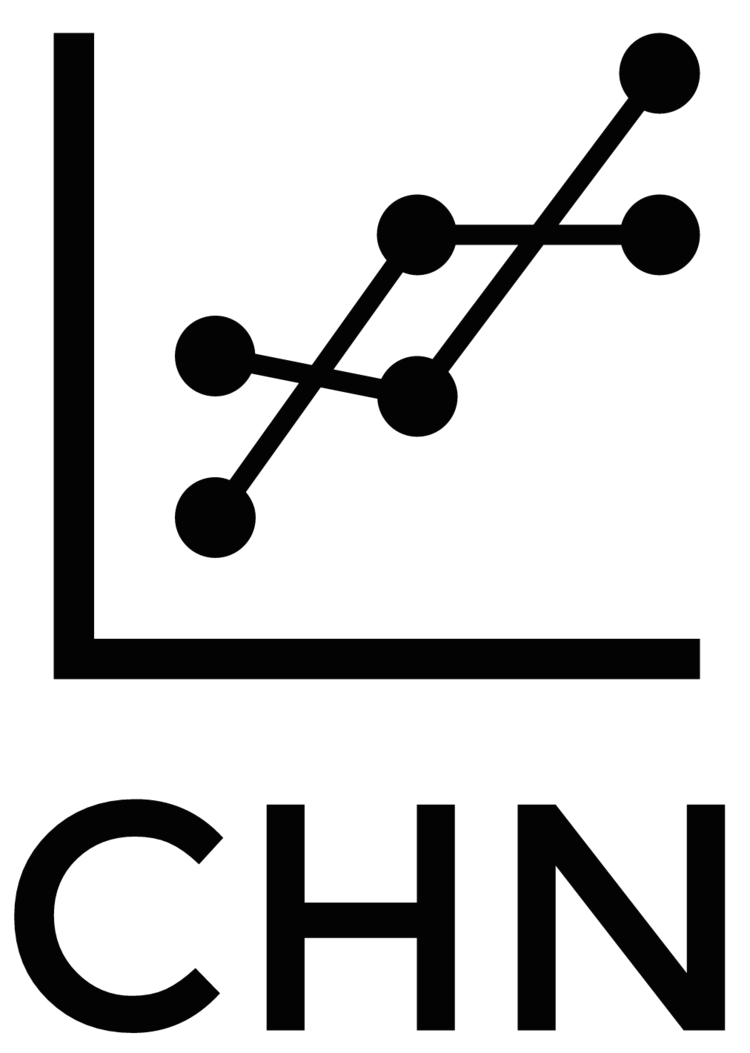I'd encourage all of you to help out with these ongoing projects if you can:
1) The PAGES Floods working group has launched a metadata collection of existing flood records (see: http://pastglobalchanges.org/ini/wg/floods/metadata-collection). The main goal of this list is to give an overview of all existing records of past floods from historical, botanical or geological archives. This list will be published open access in the coming weeks, and the working group also plans to submit a paper giving an overview of all archives of past flood occurrence and magnitude, including an overview of the data available. They have contacted us to see whether members could help ensure that their historical data are as complete as possible.
The criteria of selection are:
- the record should correspond to a flood chronicle at a given place (not just historical information about 1 flood event),
- the flood chronicle should be longer than 100 years
- the work should be published
If you know of appropriate sources, please visit http://pastglobalchanges.org/ini/wg/floods/metadata-collection for information on how to input the metadata. You many submit any files or direct questions to bruno.wilhelm@univ-grenoble-alpes.fr
2) Climate historians, environmental historians, graduate students and related specialists (i.e. anyone with a strong research and/or teaching interest in climate history) are invited to participate in an academic survey about the existing and potential uses of GIS and mapping software to capture primary resources, and research data and outputs. If you agree to participate, completion of the survey will take about 5-10 minutes. The survey will be open until October 16. Thank you, Tom Belton, Senior Archivist, Western University, London, Canada.
The survey can be found here: https://uwo.eu.qualtrics.com/jfe/form/SV_9B9IFr0NjYNBO0B







